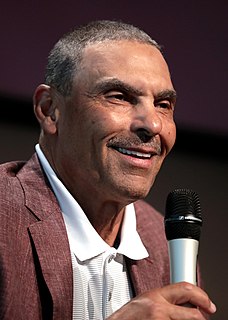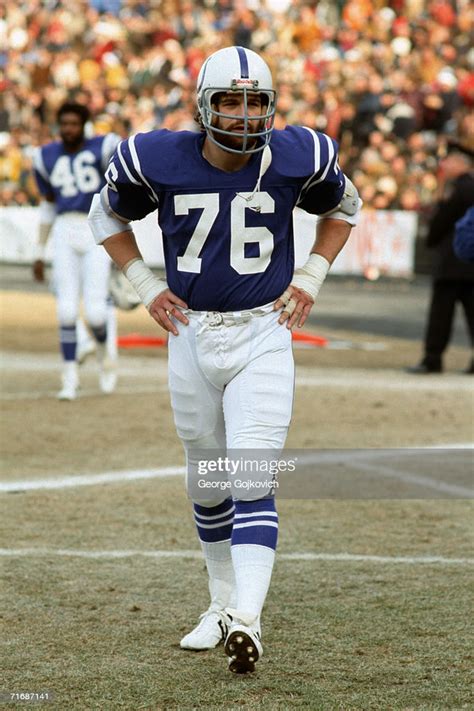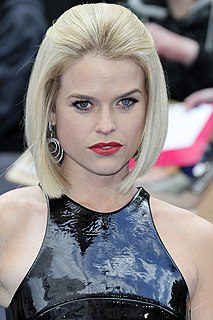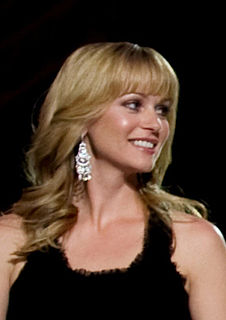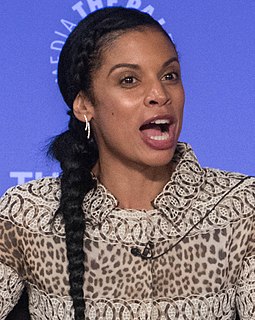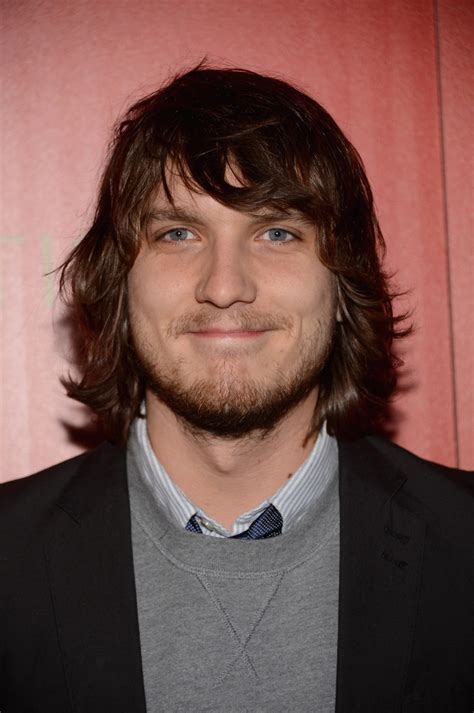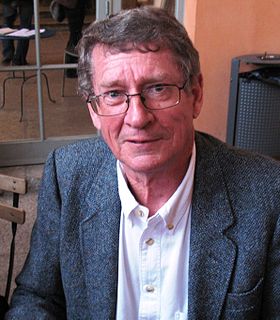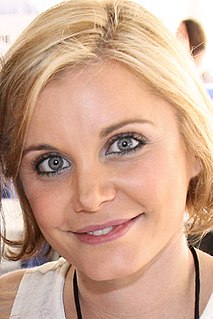A Quote by Herman Edwards
You don't get character because you're successful; you build character because of the hardships you face.
Related Quotes
We build character in order for us to withstand the rigors of combat and resist the temptations to compromise our principles in peacetime. We must build character in peacetime because there is no time in war. Character is the most important quality you can find in any person, but especially in a soldier. It is the foundation that will get anybody through anything he may encounter. Reputation is what people think you are; character is what you are- that is the staying power.
One of the great myths in America is that sports build character. They can and they should. Indeed, sports may be the perfect venue in which to build character. But sports don't build character unless a coach possesses character and intentionally teaches it. Sports can team with ethics and character and spirituality; virtuous coaching can integrate the body with the heart, the mind, and the soul.
In film, the camera can get an array of shots so the audience can see the emotion the character is giving off. Using close-ups on the character's face really helps get the message across. On stage, you can't do that. But the stage has that live feeling that you can't get anywhere else because the audience is right there.
When you are writing, you have to love all your characters. If you're writing something from a minor character's point of view, you really need to stop and say the purpose of this character isn't to be somebody's sidekick or to come in and put the horse in the stable. The purpose of this character is you're getting a little window into that character's life and that character's day. You have to write them as if they're not a minor character, because they do have their own things going on.
I'm character-driven. If it's a great character and something different; because I find that a lot of the times you do get pigeon-holed, you do get the same characters over and over again because that's what producers are comfortable with. They've seen you do it, they know you can do it. I'm kind of getting a little stir crazy.
When I say 'yes' to a movie it's usually because, to a greater or lesser extent, it's because I'm enthusiastic about the character. How well that character ultimately comes off depends on a lot of things: your relationship with the director and so on. But at first, you're on board because you think you can do something with it.
